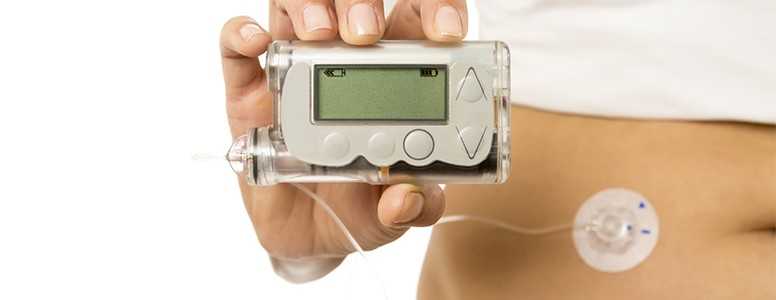Women who experience premature onset of menopause could be more likely to develop type 2 diabetes, a new study reports.
Starting the menopause before the age of 40 increased the risk of women developing type 2 diabetes by four-fold, compared to those who experienced late menopause after the age of 55.
Scientists from Erasmus University Medical Center in Rotterdam, the Netherlands, confirmed that this independent association existed regardless of other factors such as obesity and genetic predisposition.
Co-author Eralda Asllanaj told MedPage Today: “The age at the final menstrual period is crucial not only for reproductive aging but also for future disease risk and mortality.
“This study would provide a better understanding of the health risks associated with early onset of menopause, and basis to develop effective interventions and accurate projections of future healthcare costs.”
A total of 3,639 postmenopausal women were involved in this study, all of whom reported their age of natural menopause onset while diabetes status and blood glucose levels were collected by researchers.
After 10 years of average follow-up, 348 women had developed type 2 diabetes. But when compared to women without diabetes there were minimal differences in a variety of health markers.
“Factors like obesity, hormone levels and genetic predisposition to early menopause did not influence or change these results, suggesting that early menopause can be an independent marker for having type 2 diabetes later in life,” said Asllanaj.
Asllanaj and colleagues also identified two primary areas of further research. The first involves previous data linking earlier onset of menopause – before the age of 45 – to a higher risk of cardiovascular disease (CVD). These new findings now lend to future research evaluating how early onset menopause could affect CVD risk.
The second area is understanding why these findings occurred. The researchers hypothesise sex hormones could explain this risk, despite there being marginal differences between those who did and did not develop type 2 diabetes.
“The levels of these sex hormones were measured further from menopause, and not at time of menopause onset. Therefore, future studies should look at whether levels of these hormones assessed during the menopause transition can explain the results we found,” Asllanaj suggested.
The study was published online in the journal Diabetologia.
What's new on the forum? ⭐️
Get our free newsletters
Stay up to date with the latest news, research and breakthroughs.






